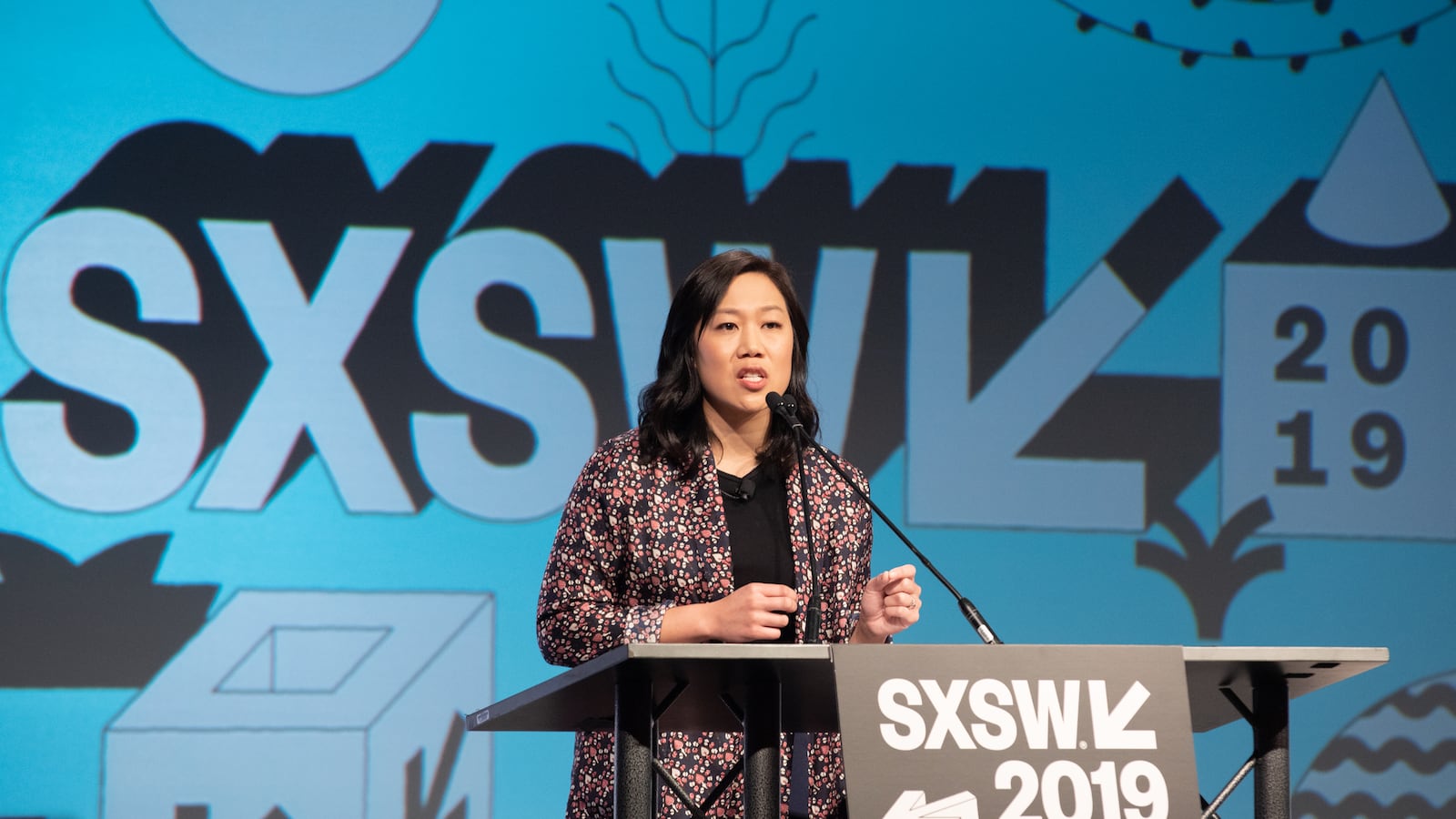The Chan Zuckerberg Initiative has issued $110 million in grants to education causes since January 2018, according to new details posted to the organization’s website.
The list of grants represents CZI’s first thorough accounting of its own education giving, and the total indicates that the organization remains one of the largest players in education philanthropy.
The information, which also includes a list of investments in for-profit companies, sheds new light on the strategy of CZI, which is funded by Mark Zuckerberg’s Facebook fortune and led by his wife, pediatrician Priscilla Chan. CZI says it donated to more than 80 organizations over the last 15 months, but other gifts were dwarfed by grants to the Summit charter network and New Schools Venture Fund, which together took in more than $40 million.
Summit Public Schools is a key player in the push for “personalized learning,” a charter network that has created an online platform and pedagogical approach now used by nearly 400 schools. NewSchools Venture Fund itself issues grants to support education technology, diversification of educational leadership, and innovative schools (largely charter schools).
CZI’s decision to publish grants on its website comes after it disclosed to Chalkbeat last year that it made $308 million in grants between January 2016 and late 2018. (Chalkbeat is a CZI grantee.) At the time, Chalkbeat also compiled a list of known grantees.
Grants made prior to January 2018 are not included in CZI’s database. CZI says it will update its list every February.
It also comes after CZI’s education department went through a leadership change: Sandra Liu Huang, who ran product teams at Quora, Facebook, and Google, replaced ex-Obama administration official Jim Shelton.
Sarah Reckhow — who has criticized the transparency of CZI and other organizations that are not organized as traditional philanthropies and thus don’t have to disclose their giving — praised the move.
“It is absolutely a step in the right direction to commit to publishing a grantee list every year,” said Reckhow, a professor at Michigan State University and close watcher of education philanthropy. “This is a bare minimum standard for transparency, and it would be great if CZI’s decision would spur similar annual reporting” by others.
The grants suggest CZI has made a big bet on Summit while continuing to invest in efforts to broaden the definition of student success beyond test scores, address students’ non-academic needs, and disseminate research on how people learn.
The largest single grant — $23.8 million for 2018 and 2019 — went to Summit Public Schools. Summit’s growth has been spurred by CZI, after Priscilla Chan and later Mark Zuckerberg were impressed by a visit to a Summit charter school and offered to provide engineering support through Facebook.
The grant total does not include in-kind donations to Summit, meaning it’s a substantial understatement of the support Summit has received, since CZI continues to provide a nearly 50-person engineering team. A spokesperson for CZI could not say how much in in-kind support the organization has provided to Summit. (Summit Learning, which is focused on the online platform, has spun out of the Summit charter schools as a separate organization, whose board includes Chan.)
Summit has drawn praise from many parents, students, and teachers but criticism from others. There is virtually no research on the efficacy of the Summit model specifically. Chalkbeat previously reported that Summit had entered into talks with Harvard researchers to study its model but ultimately declined to move forward, citing potential disruption to schools; the organization also said its underlying approach is backed by research.. Summit continues to promote its collaboration with the Harvard research team on its website.
A number of CZI’s grants focus on the use of technology in schools, including the International Society for Technology in Education; the Jefferson Education Exchange, which gathers teacher feedback on technology products; and Quill, an education technology organization that aims to help students improve their writing.
At the same time, many grants and support CZI’s broader definition of personalized learning. For instance, a $4.85 million grant went to Communities in Schools, a organization that provides wraparound services ranging from food for hungry kids to counseling services. CZI has also issued a host of grants to organizations disseminating research on how people learn (e.g. Deans For Impact), broadening measures of student success, (e.g. Collaborative for Social, Emotional and Academic Learning) and helping to diversify education leadership (e.g. Education Leaders of Color).
CZI has also made grants to news and communications outlets, specifically Chalkbeat, EdSurge, Education Post, The Hechinger Report, and The 74.
Beyond Summit, CZI has given to a handful of charter schools, though the grants have been relatively modest. That’s notable because Mark Zuckerberg’s first foray into education was a $100 million grant in Newark that was partially used to expand charter schools in the city.
KIPP Baltimore received $32,000 to support a partnership with a John Hopkins health center; Achievement First won $350,000 to support its Greenfield schools, which have a personalized learning focus.
Valor Collegiate Academies, a Tennessee charter network, won a $1.6 million grant to support development of its Compass program, which includes “a highly structured process of conversation and relationship-building that occurs during mentor groups,” according to CZI. Like Summit Learning, schools across the country are adopting this approach.
Notably, there is only school district — Pasadena, Texas — listed as a direct CZI education grant recipient, though other districts, including Pittsburgh and Chicago, participate in partnerships funded by CZI. (The organization has also given to some districts as part of its Bay Area-focused community work.)
“What also stands out is the lack of traditional public school districts receiving direct grants,” said Michigan State’s Reckhow. “CZI [is] largely supporting charter networks, nonprofits, think tanks, and other third party entities. This was already a trend among major funders — but CZI seems to take it to another level.”
The story has been updated to clarify NewSchools Venture Fund’s grant areas.


